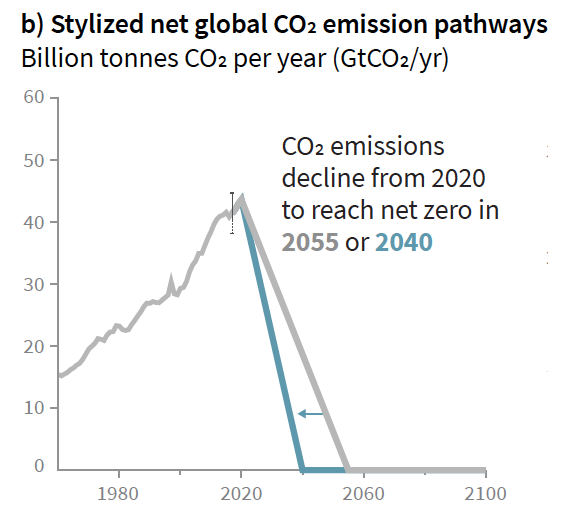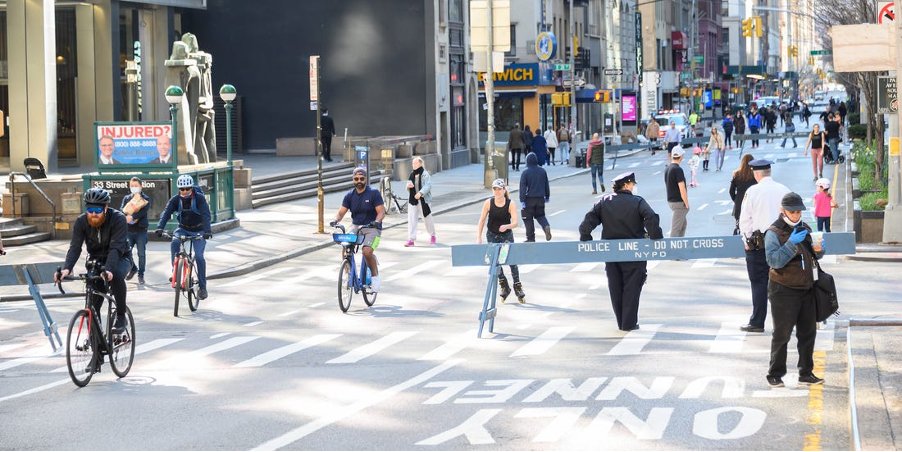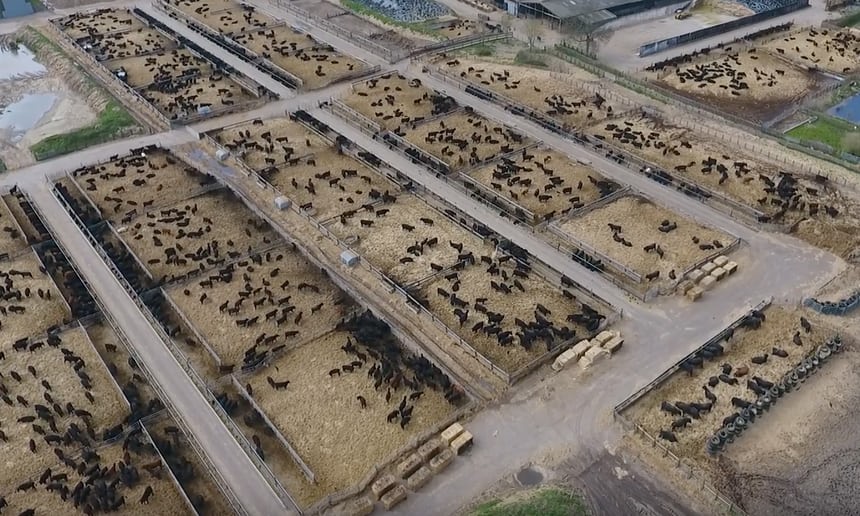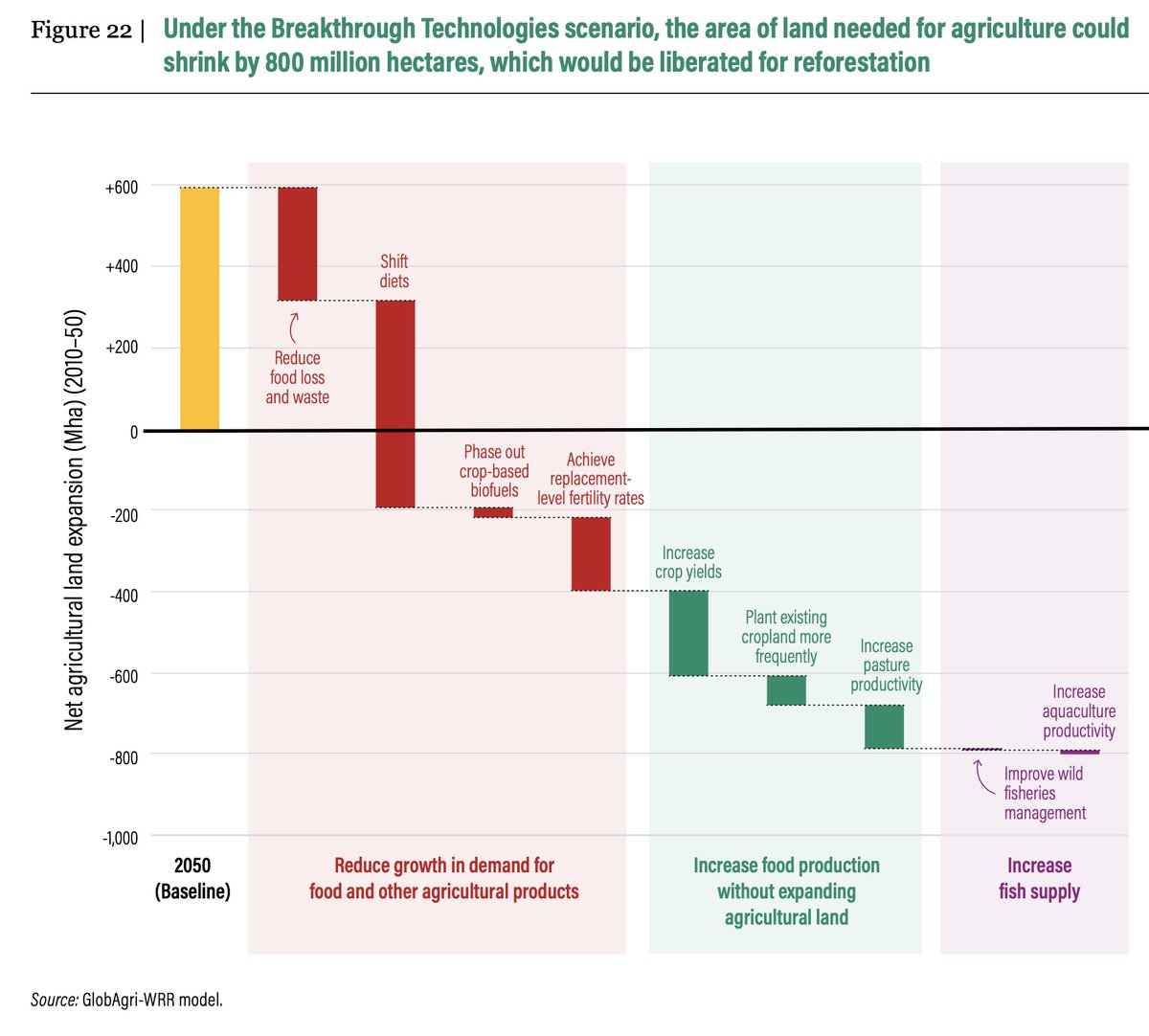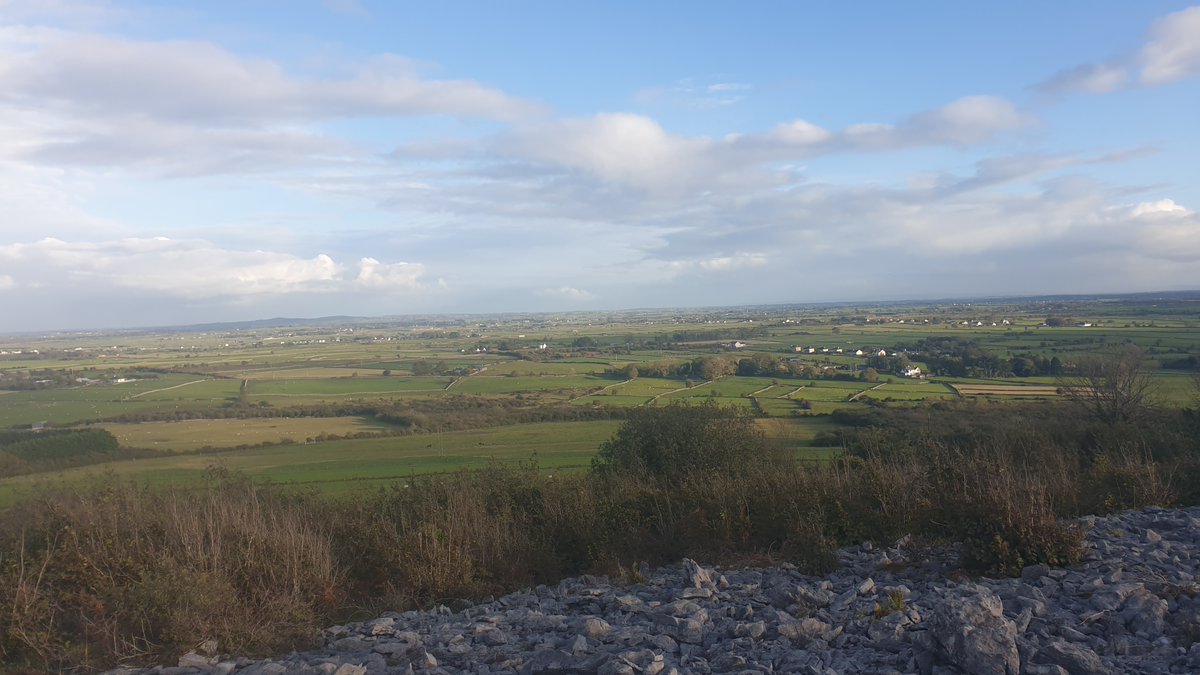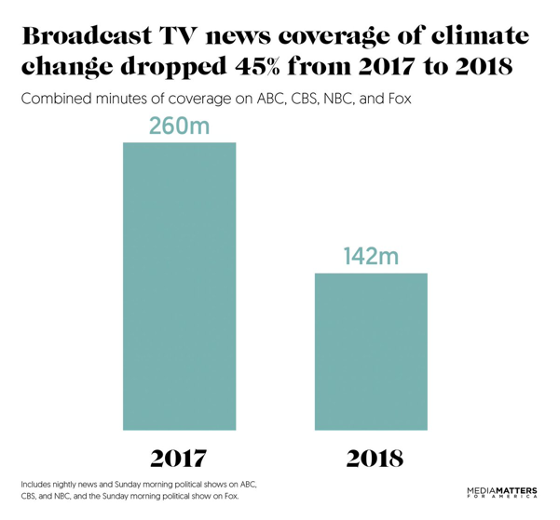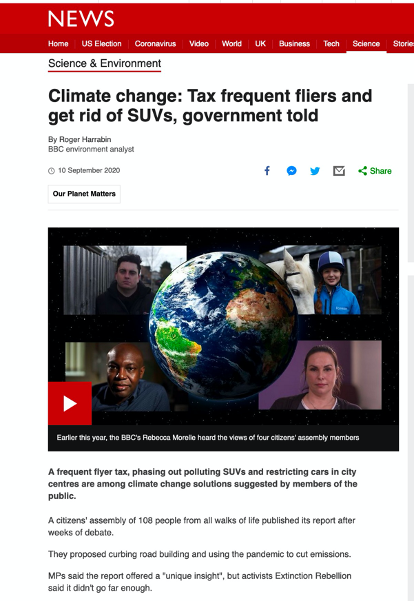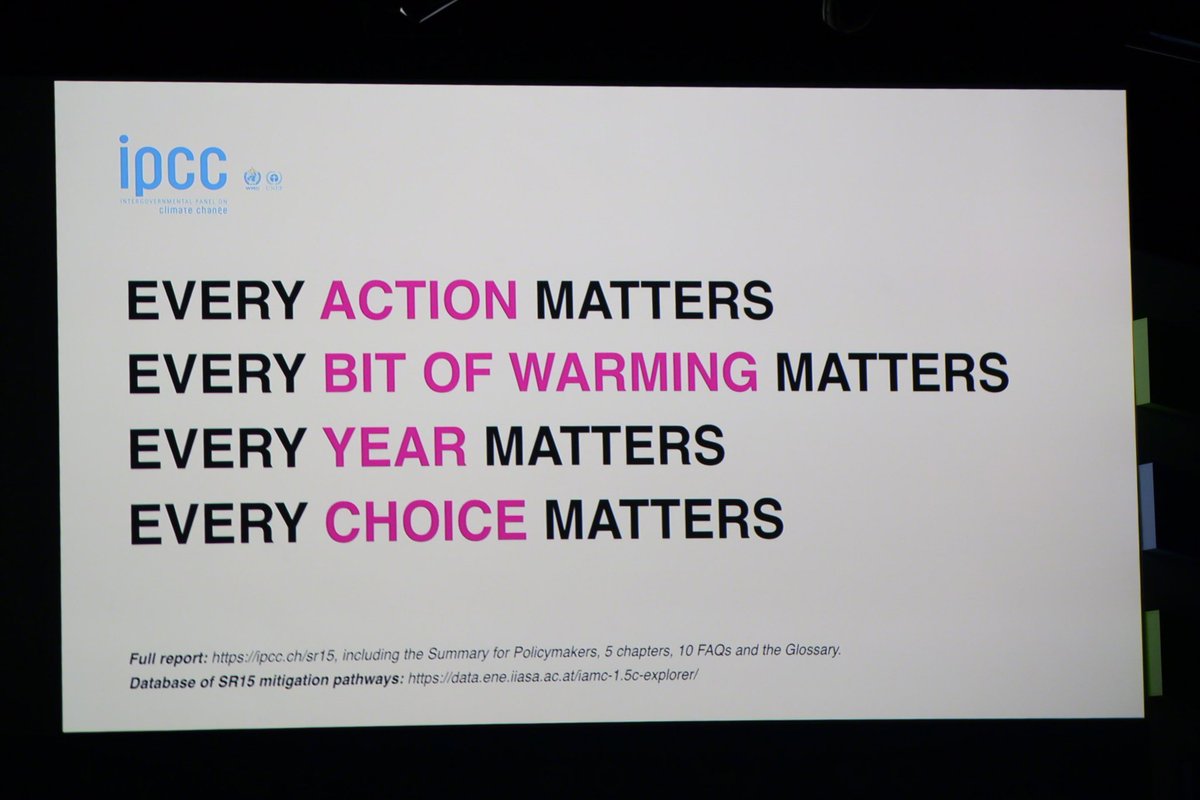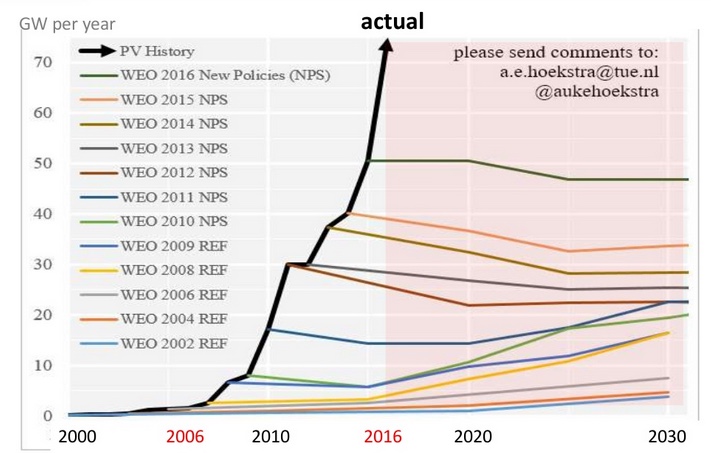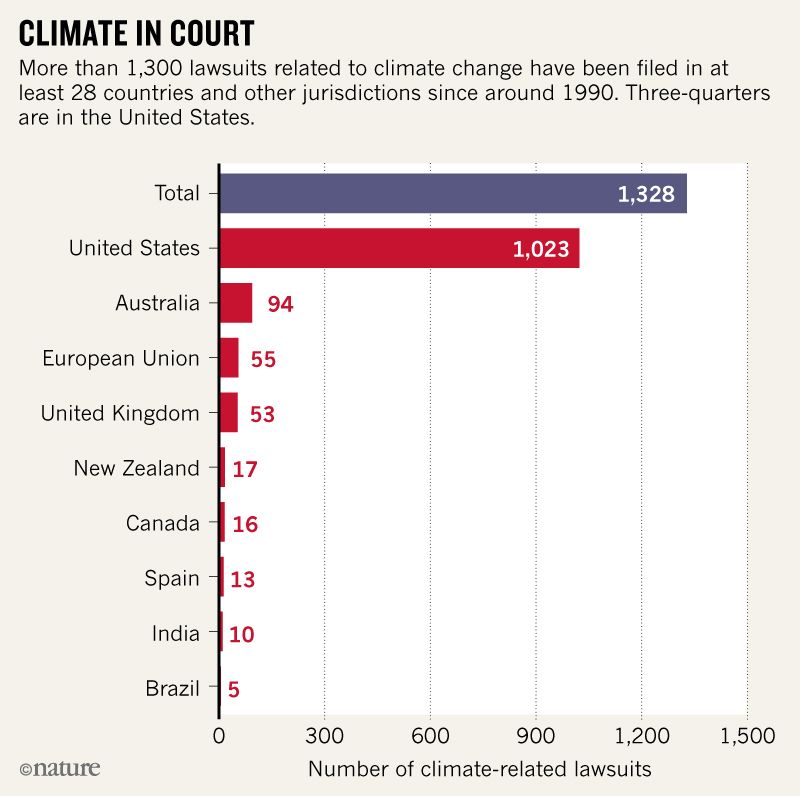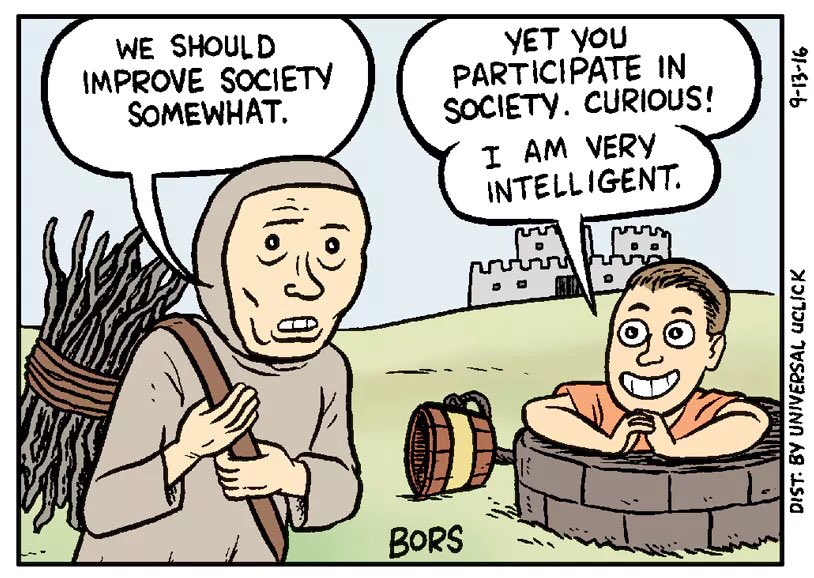It’s hard to keep two fundamental things in mind: 1) Humans are in a horrifying, gut-wrenching amount of trouble and 2) There is still hope that we can do better, but changes need to be mind-blowingly large and fast…
It’s really, really hard to convey just how much our world has to change and how quickly several transitions need to happen in order to avoid ecosystem collapse.
The book gives paired chapters of pessimism and hope to look at just how bad things are (no sugarcoating; it is heavy) and how much change is really implied by hope. I discuss what the extent of this hope is now. e.g.:
The world as it is: millions of people die each year due to air pollution from fossil fuels: cars, power stations, industry etc. air pollution damages every part of YOUR body. The health costs alone might be more than the cost of a sustainable transition.
In 10-20 years, urban redesigns and electric mobility will (must) mean quieter streets, more space for humans, more cycling, thriving communal spaces all while never having to smell diesel fumes again, saving millions of lives.
Meanwhile the modern food system is pushing all the panic buttons of nature at once: biodiversity, water scarcity, carbon emissions, antimicrobial resistance, pandemics, soil degradation... It is THE best way to bring ecosystems to their knees.
In the next decades, high-income nations can (must) transition to plant-based diets, reduce food waste by 50%, and shift to regenerative agriculture; saving huge amounts of land.
Fields like these, currently used for livestock, become locally-driven nature reserves, drawing down carbon, regenerating local biodiversity, and providing better access to nature and better health for locals.
Today, the media continues to fail to cover climate change and ecosystem collapse as the civilizational threats that they are. The biggest news story in history currently gets a tiny fraction of airtime.
In the future, better media coverage presents the problems calmly and forcefully leading to greater understanding and urgency. More democratic participation via more citizens assemblies recommending far more progressive and further-reaching policies than vested interests.
These are just a few examples of the research in the book. But none of this will happen at the speed and depth necessary in our current systems of production, consumption, and power.
Perhaps collapse is already upon us. Food insecurity is rising, climate damages are mounting, every year seems worse than the last. But even in the worst-case, it is still absolutely vital to do EVERYTHING humanly and civilizationally possible.
We generally know what we need to do, and we even have most of the social and technological solutions needed (see the astonishing way solar power keeps beating all expectations). The real barrier lies in the speed of political and social change.
This change is becoming increasingly possible via massive campaigns and climate movements. There would not be even this amount of attention on the environment if not for @Fridays4future , @ExtinctionR , the @sunrisemvmt, @BeyondCoal and many, many others.
All of society needs to pull in the same direction: justice, policy experts, academia, business, governments, economists and finance etc. We are starting to see some promising signs of this synchronization. But it’s not enough...yet.
Social tipping points seem very close, but don’t fall in for arguments about which is more important: individual action or system change. This argument is used as a distraction. Individual action and system change reinforce one another. Both are needed.
It is awful to say, but things will get much worse. Societies around the world will see harder and harder years ahead. Many of those suffering the most will be those who historically have had the least say.
Powerful vested interests and fossil fuel infrastructure built up over the years present social and physical & #39;lock-ins& #39; that delay or prevent adaptation and mitigation. When the signal arrives to everyone that everything needs to change, so much damage is already locked-in.
Lock-ins have lead to many a civilizational demise through history and it& #39;s why the book makes clear that global climate change and biodiversity loss requires huge social change, as well as confronting the issues which have long needed addressing: poverty, hunger, inequality.
I hope you’ll read the book. If you do, and you have Q, please reach out. Huge thanks to the wonderful scientists and writers who have championed this book to date @davidgchristian @WanderingGaia @JanCarson7280, @stuartvyse, James Shapiro, Will Steffen, David Orr, Herman Daly.

 Read on Twitter
Read on Twitter![Now that my book is out, I thought I’d explain what it’s about and why I wrote it… [a thread] Now that my book is out, I thought I’d explain what it’s about and why I wrote it… [a thread]](https://pbs.twimg.com/media/EjPQoOTX0AILZ4Y.jpg)
![Now that my book is out, I thought I’d explain what it’s about and why I wrote it… [a thread] Now that my book is out, I thought I’d explain what it’s about and why I wrote it… [a thread]](https://pbs.twimg.com/media/EjPQpk9XkAInwrR.jpg)

